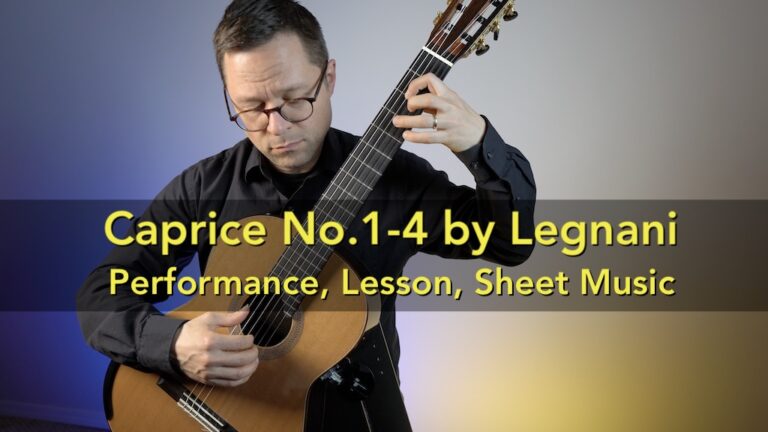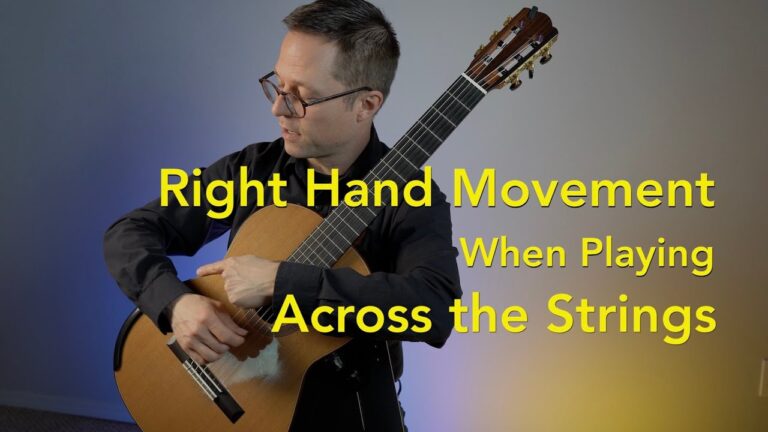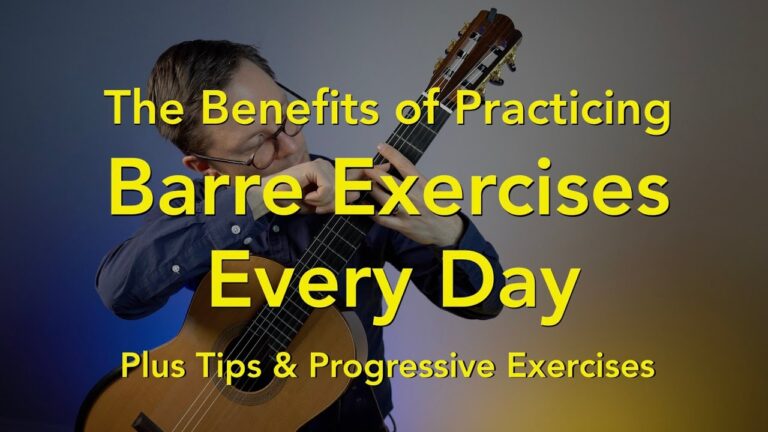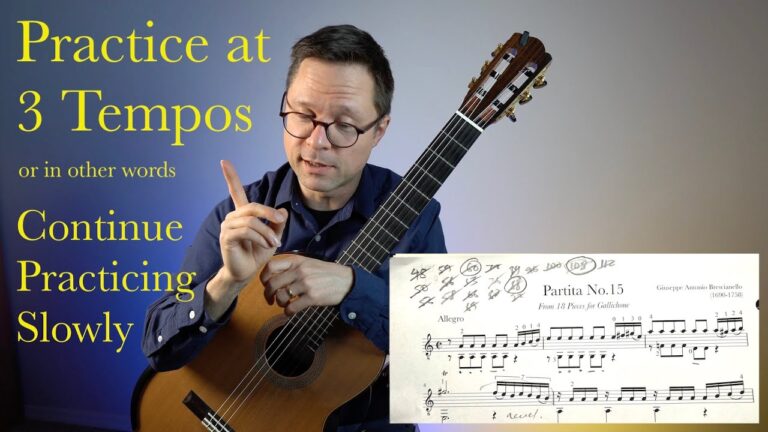Allegretto in D Major, No.22, Op.50 by Mauro Giuliani (1781-1829) – Lesson, Performance, and Sheet Music. This is from my PDF or hardcopy sheet music edition for classical guitar: Le Papillon, No. 1-32, Op.50 by Mauro Giuliani. Grades 1-7 and includes both a notation-only edition and a tab edition.
Le Papillon (The Butterfly), Op.50 by Mauro Giuliani consists of 32 pieces published by Giuliani in Vienna in 1815. The works are presented progressively from easy to mid-intermediate depending on the tempo. Le Papillon is a beautiful set of works which are perfect for students, professionals playing gigs, or players looking for nice easy pieces to practice or perform.
I would place this study at approximately the grade 4 level depending on your tempo. Here’s the YouTube Link for this lesson if you want to watch it there.





Hi Bradford. Beautiful playing, as always. I have a couple of very minor curiosity questions if I may. I have 2 versions of this song, 1 from your collection of 10 Classical Etudes (2017), and this one (Le Papillon, 2022). The first difference I see is that the C# starting measure 15 is an E in the current copy. The second is in the final ending chord where the F# is moved to a higher register. Both versions sound great (I have a slight preference for the older, probably because my ears got used to it). But wondering if this is a matter of interpretation or something else? Thanks.
Great question Herb. The more recent edition is the most accurate to the original since I was creating an edition of all 32 works from Op.50. The one from 10 Classical Etudes is closer to what lots of educational books do to the piece. The original has some inconsistencies so I think either is completely fine to use. That said, the two editions by me are almost a decade apart so also just reflect my changing personal preferences. I’m actually not sure why I changed the final chord in the 10 Etudes, probably for better voice-leading and since I was used to teaching it that way.